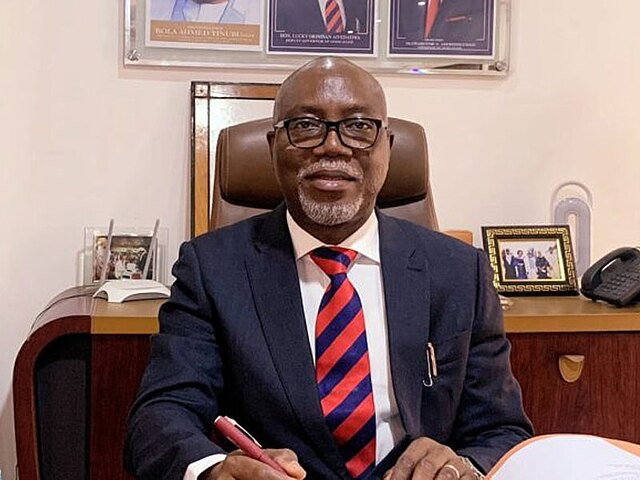The Central Bank of Nigeria (CBN) has reaffirmed that its Early Exit Package (EEP), introduced in 2024, was strictly voluntary and never intended to marginalise staff from the Northern region.
Deputy Governor in charge of Economic Policy, Muhammad Abdullahi, addressed the issue on Wednesday during a two-day Interactive Session on Government-Citizens Engagement held in Kaduna. The event was organised by the Sir Ahmadu Bello Memorial Foundation.
During a plenary focused on Governance and the Economy, Abdullahi explained that the EEP was conceived to ease congestion at the bank’s Abuja headquarters, which had become overcrowded to the point of compromising safety standards.
“The bank’s head office was extremely congested, with limited space and even emergency exit routes converted into office spaces. This situation raised significant concerns from our insurance provider regarding the viability of maintaining coverage under such unsafe conditions,” Abdullahi noted.
He added that several other CBN offices, including those in Lagos and Kaduna, had sufficient capacity to accommodate large numbers of staff, prompting the relocation of some personnel to those branches.
“Many of the staff transferred to Kaduna and Lagos have since expressed satisfaction with the move and no longer wish to return to Abuja,” he said. “There was no hidden motive behind it.”
Abdullahi stressed that the CBN has implemented similar early exit arrangements for over two decades, particularly during periods when the senior management structure becomes top-heavy.
“When such situations arise, a committee made up of staff is formed to design an offer for voluntary exit. The process has always been open to those interested. No one was compelled to accept it,” he said.
He revealed that some of the beneficiaries of the exit package had gone on to establish microfinance banks and pursue new ventures. “It provided an avenue for those ready to explore fresh opportunities and redefine their careers,” he added.
Abdullahi also addressed widespread claims that 16 directors from the Northern region were deliberately targeted, describing the allegations as unfounded and misleading.
“There are still numerous directors from the North currently serving within the bank. These assumptions are being driven by individuals peddling falsehoods to cause division,” he said.
He pointed to the case of the Secretary to the Government of the Federation’s son, who was transferred from Abuja to Lagos, as evidence that no one was exempted from the policy.
“People need to look beyond conspiracy theories. This was a bank-wide policy applied across board, regardless of ethnicity or status. The public should be wary of misinformation aimed at creating unnecessary tension,” Abdullahi stated.







